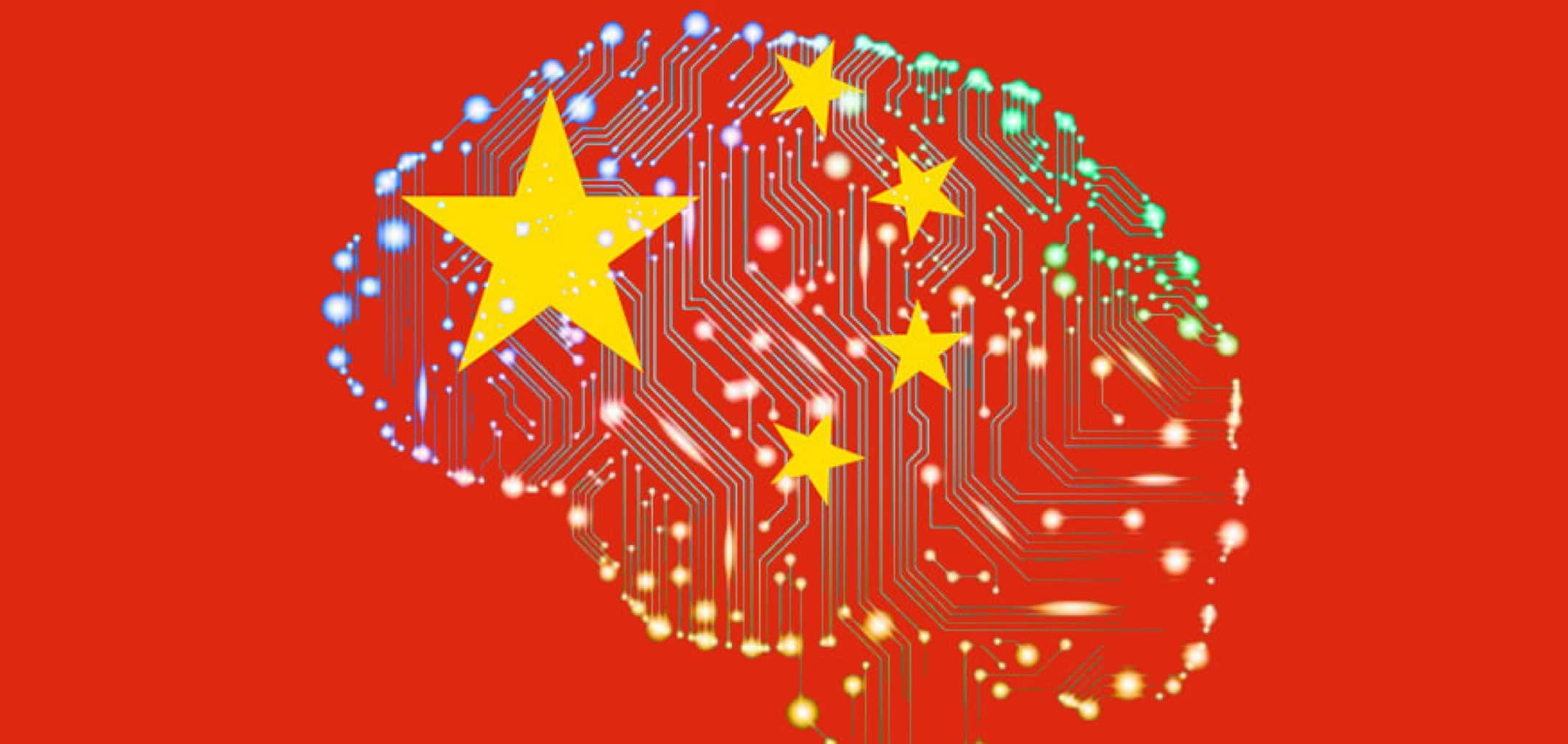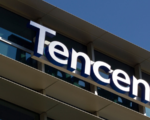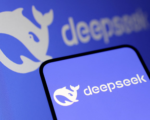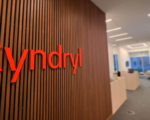While global attention has largely been on U.S. companies like OpenAI, Google, and Meta, China is making significant strides in the artificial intelligence (AI) race. Chinese tech giants, including Baidu, Alibaba, Tencent, Huawei, and ByteDance, have developed powerful generative AI models over the past 18 months. These companies aim to position China as a global leader in AI, adding a new dimension to the technology competition between China and the U.S.
Generative AI, which powers applications like ChatGPT and Google’s Gemini, can generate text, images, and videos based on user prompts. Below is a closer look at the key players and their AI models from China.
Baidu: ERNIE Baidu, a major Chinese internet company, was one of the first to launch generative AI tools. Its flagship model, Ernie Bot, is a chatbot designed to compete with OpenAI’s ChatGPT. With 300 million users, Ernie 4.0 claims capabilities comparable to GPT-4, offering understanding and reasoning abilities. Baidu is also commercializing its AI through its cloud computing division.
Alibaba: Tongyi Qianwen Alibaba launched its foundational AI models, known as Tongyi Qianwen, or Qwen, last year. The company has developed different versions for various tasks, such as content creation and solving mathematical problems. Some Qwen models are open-sourced, allowing developers to access them with certain restrictions. By May, over 90,000 enterprise users were using Qwen models.
Tencent: Hunyuan Tencent’s AI model, Hunyuan, focuses on Chinese language processing and advanced logical reasoning. Accessible via Tencent’s cloud services, Hunyuan is designed to support industries from gaming to social media and e-commerce. Tencent has also integrated Hunyuan into WeChat, China’s largest messaging platform, through its AI assistant, Yuanbao.
Huawei: Pangu Huawei has taken a unique approach by creating AI models tailored to specific industries like government, finance, and meteorology. Its Pangu AI models, available through Huawei’s cloud services, support generative features such as virtual human avatars and code generation. One standout model, the Pangu Meteorology Model, can predict the trajectory of typhoons with remarkable speed, significantly reducing prediction time.
ByteDance: Doubao ByteDance, the company behind TikTok, entered the AI race later than its competitors with its Doubao model. Doubao stands out by being more affordable and offers capabilities such as voice generation and code generation for developers, making it accessible to a broader range of users.
China’s AI advancements reflect the country’s growing ambition to rival U.S. companies in this critical technology sector.

















